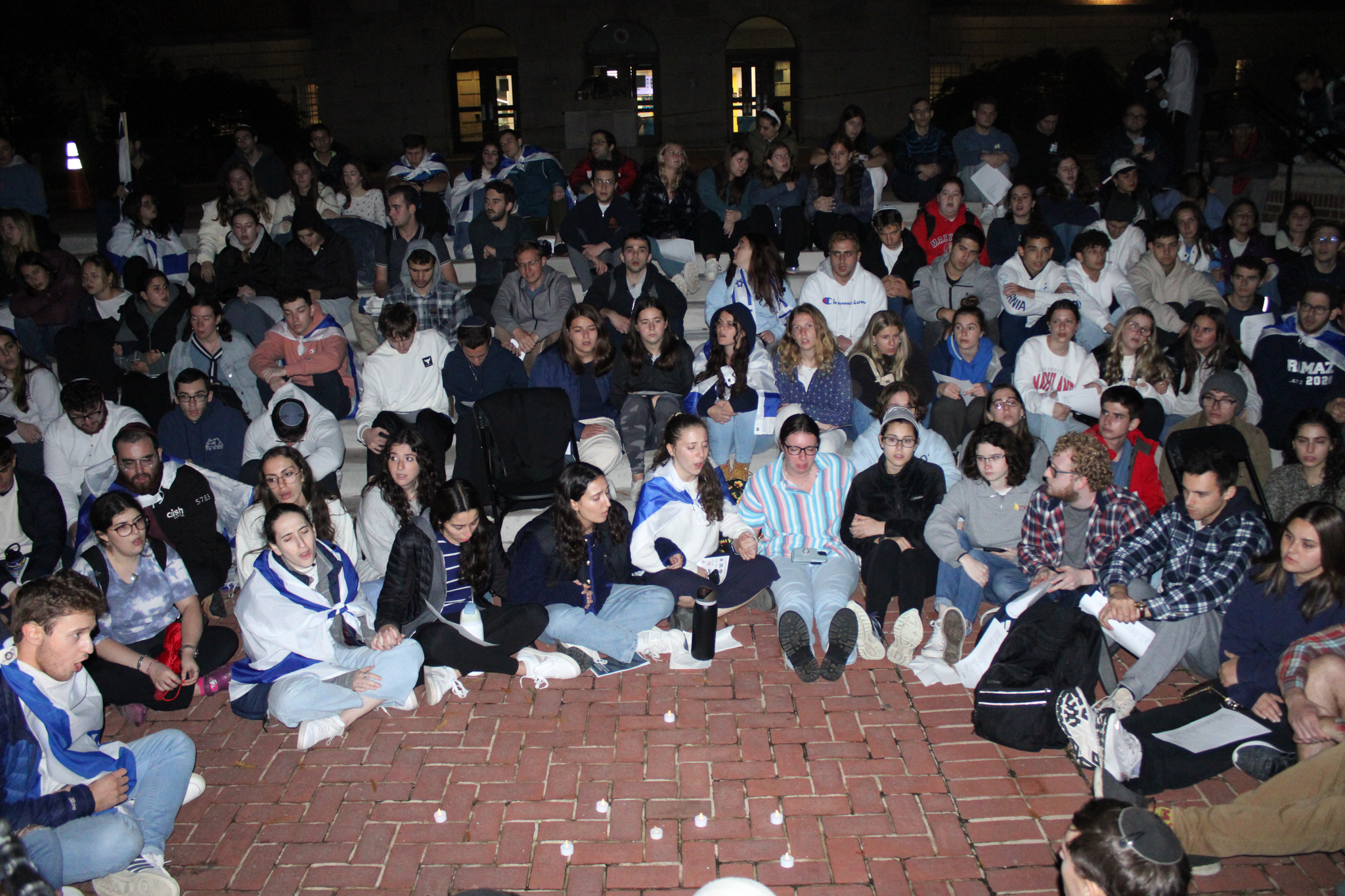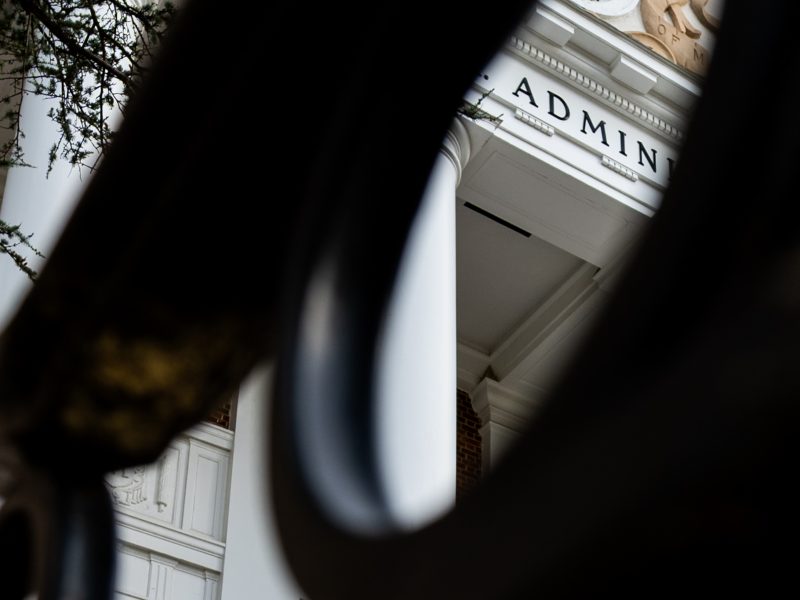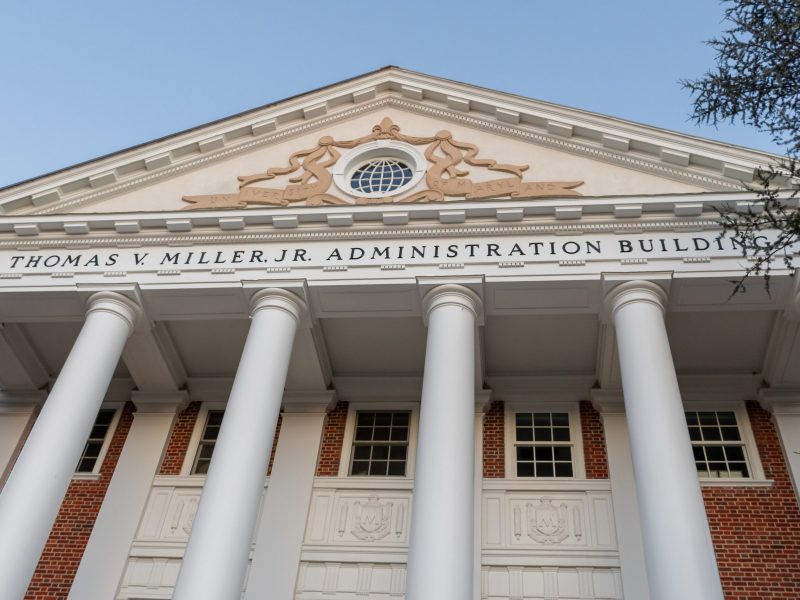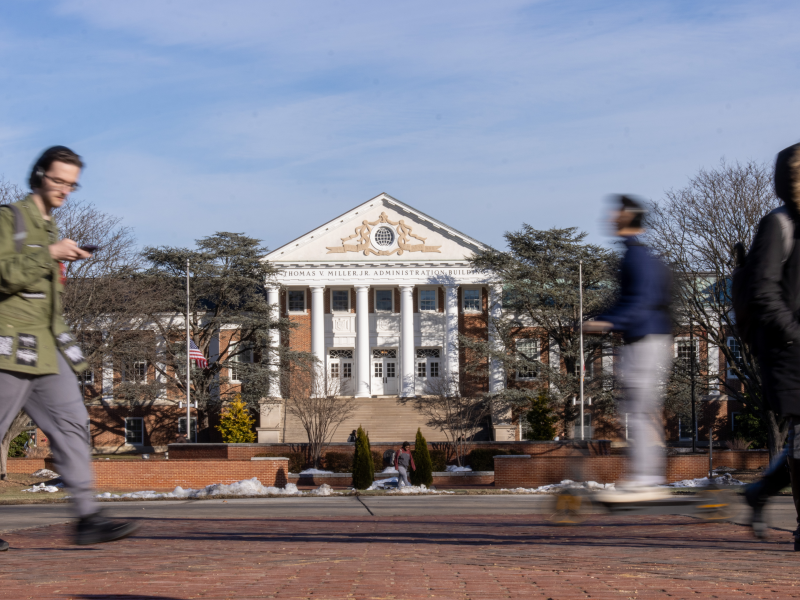Views expressed in opinion columns are the author’s own.
These are some of the hardest days in the lives of many of your Jewish classmates, friends and teachers. The weekend of Oct. 7, we woke up to news of the largest terror attack Israel has ever experienced — the largest loss of Jewish life in a single day since the Holocaust.
When we began writing this on Simchat Torah, one of the most joyous days in the Jewish calendar, the extent of the tragedy was not yet clear. As of Sunday evening, we know that more than 1,300 Israelis have been killed and more than 100 taken hostage — the overwhelming majority of them Jewish. This is a loss we feel in our bones. And in a larger sense, we know that violence against Jews in one corner of the world always makes its way into others.
So many people around campus are sharing posts and stories on social media that are relevant to this conflict, relevant to our stories, without an understanding of our trauma, our history and its impact on our mental health.
We are more than used to bearing witness to conversations about us that do not include us.
We shouldn’t be used to this. We shouldn’t have to ask to be involved in discussions of our own story. All we want is a recognition of the common humanity of everyone affected, and the pain we are all going through.
We’re hurting right now. Many of us are struggling to eat, struggling to sleep, don’t know how to be. Everything feels wrong when our friends, our families are in incomprehensible and unspecified danger, when we’ve spent our time scanning lists of victims and waiting for news that a loved one was hurt or killed.
We’ve found ourselves suddenly grappling with a loss we can’t fully comprehend. We’re grieving for the innocent Israelis and Palestinians alike who were caught in the crossfire of this horrific, antisemitic attack. Our grief is not political. No grief is.
We’re writing this because we don’t know what to do. We’re writing this because we woke up on October 7 and can’t quite shake the feeling that our lives will never be the same — that we might not ever be able to trust in the safety of our loved ones again.
We’re writing this terrified about how the world will perceive us and our pain, struggling to process enough of what we’re feeling to put it into words.
We’re writing this because just as we are terrified for the lives of those we hold dear, we fear that the moment we muster the strength to speak on the hardest day in recent Jewish memory, we will just as soon be silenced.
We’ve seen it happen before. It’s probably happening right now.
Of the 15 million Jews in the world, nearly half live in Israel. Right now, we’re grieving for our cousins, our siblings, our parents and grandparents and our friends. We’re grieving the ability we lost that night to go to sleep certain that those we love most will be there in the morning.
The vast majority of us come from families that have felt this fear in the past. Our parents and grandparents fled from antisemitism in Germany, Iran, Morocco, Syria, Poland, Lebanon, Ethiopia, and nearly any country you can imagine. We’ve grown up around the stories and the realities of our families’ trauma and hoped that we would finally be the ones who could guarantee our own safety — who could take our future into our own hands and guard it. We are afraid that’s an impossibility.
Today, we feel powerless. We have been traumatized and retraumatized for generations, different chapters of the same story.
We’re college students, but right now we don’t know how to listen to music or ask a friend how they’re doing while we’re in a state of collective shock and grief for our loved ones and our futures. We don’t know which friends we can ask to help process our grief because maybe they’ve experienced a more profound loss than we have.
With time, we hope to find space for healing and togetherness. Our hearts are with every person suffering the consequences of this war.
We ask for empathy as we try to gather the energy to get out of bed and go to classes with this grim weight on our shoulders. Please give us the space to process this tragedy on our own terms. Before you speak on it, we ask you to take time to learn about Jewish history and trauma. We ask you to hold space for us. We can’t pretend like everything is fine.
Nira Dayanim is a senior journalism major and the editor-in-chief of Mitzpeh, this university’s independent Jewish publication. She can be reached at ndayanim@umd.edu.
Ruthie Vogel is a junior physics major. They can be reached at vogelruthie@gmail.com.
This guest column represents the opinion of Jewish organizations on campus including:
3 Strands, Alpha Epsilon Phi, Alpha Epsilon Pi, Avirah Israeli Dance Company, Beta Theta Pi, First Year Students of Hillel, Gift of Life, Hamsa, Israeli Folk Dancing at UMD, Jewish Student Union, Kedma, Kol Sasson, Maryland Beit Midrash, Maryland Eruv, Maryland Hillel, MEOR Maryland, Mezumenet A Cappella, UMD Mishelanu, National Hillel Basketball Tournament, National Hillel Torah Bowl, Neshama, Phi Sigma Sigma, Rak Shalom, Ruach, Service Engagement Interns [Tikkun Olam], Sigma Alpha Mu, Sigma Delta Tau, Tamid at Maryland, Tau Epsilon Phi, Terps for Israel, UMD Chabad, UMD Sephardic Jewish Community, and Zeta Beta Tau



